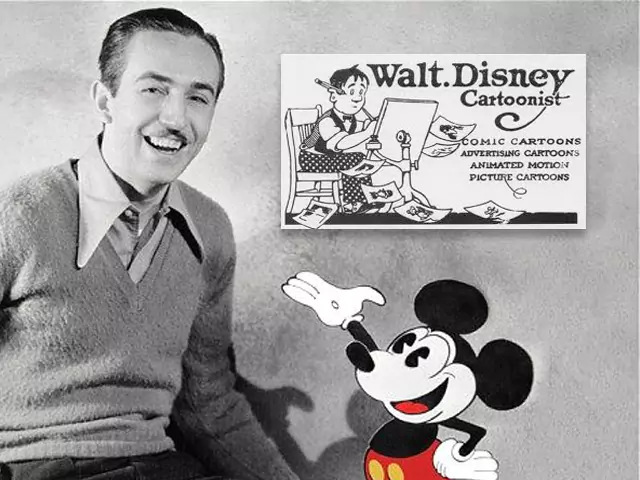Are Business Cards a Thing of the Past?
mark / 27 June 2016

Technology is rapidly changing the world we live in and no small detail of how we communicate has been left untouched. I was thinking recently about business cards, mostly because I went into several furniture stores recently and was given dozens of them. Where did they end up? My trash. Is this the fate for cards of the future?
With our convenient digital address books, grabbing a number and sending a quick text not only provides you with contact information, it can also give a little context. It goes even further by perhaps connecting on LinkedIn or Facebook, after you are able to learn more about them and their company as you please. In a couple minutes (if that) you will have all of this plus the go green bonus with less clutter in your wallet.
Not so fast, the popular TED talks had something to say about it and surprisingly, they came to the cards’ defense. Writer Chip Cutter went to a TED conference and the phrase “let me give you my business card” followed him everywhere.
“At TED, the business card is king. People weren’t bumping their phones together to swap contact information; they were exchanging pieces of card stock. In the lobby of the Long Beach Performing Arts Center, at parties and dinners after talks, a recurring scene played out. A conversation would begin, and a business card would surely follow.”
So there are still moments that call for the traditional business card, but what about the average businessman in his normal, office environment? A lot of it has to do with the professional culture. When you smoothly reach into your suit pocket and swing out an aesthetically pleasing card in another person’s direction, it just feels and looks official. Plus, at this point it’s faster and in some ways easier. If the room is noisy you can slide one of your snazzy cards over and avoid fooling around with apps and passwords.
This leads to another curious thought: how much does it have to do with age? Those currently new to the workforce or soon to enter are the millennials, whose entire life has been shaped by technology. For them, the scenario is different from the moment they enter into that same room. Their phone is already in their hand and likely taking photos of the event or writing notes. They are undoubtedly more accustomed to texting over calling and treat social media like they do water: necessary to life. The traditional, official aspect of the physical business card could still trump this digital trend, yet it’s tough to say if it will last as the technology advances.
At this point in time, it is difficult to give a solid stance on if business cards are truly done for, but if I had to say one way or the other, I believe they are still good to have for networking purposes. They get your information out and also double as a way to represent your brand. Many people still value the physical component of the card and the factors of your surroundings play a large role in its convenience. At this point it is really how you go about it, in design and distribution.